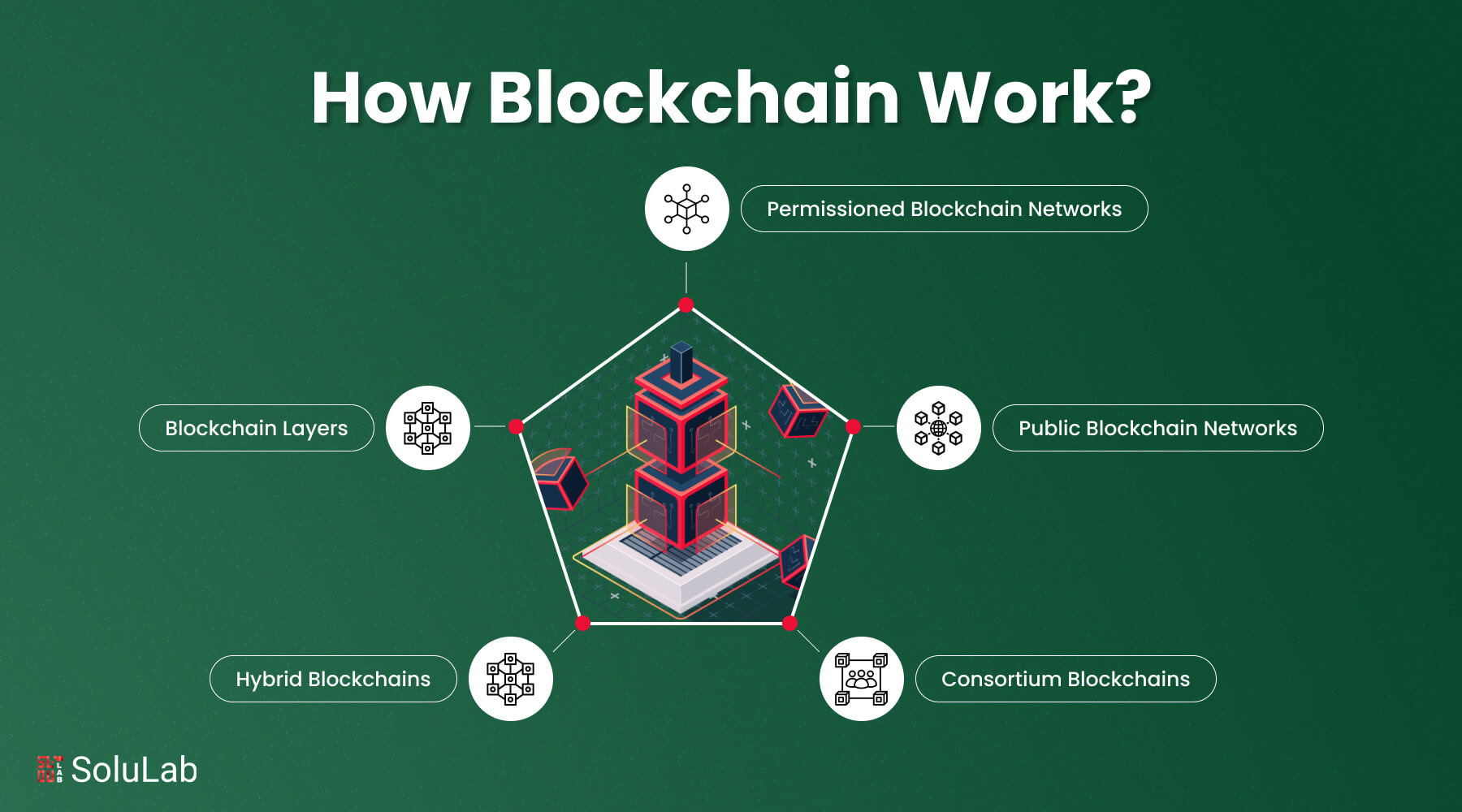CGKY News Hub
Your go-to source for the latest insights and trends.
Blockchain: The Digital Ledger That's Sweeping the Globe
Unlock the secrets of blockchain technology! Discover how this digital revolution is transforming industries worldwide.
What is Blockchain and How Does It Work?
Blockchain is a decentralized digital ledger technology that securely records transactions across multiple computers. This decentralized nature ensures that once a transaction is recorded, it cannot be altered retroactively without the alteration of all subsequent blocks and the consensus of the network. Each block contains a list of transactions, a timestamp, and a cryptographic hash of the previous block, linking them together in a chain. This innovative technology is the backbone of cryptocurrencies like Bitcoin, but its applications extend far beyond digital currencies. For an in-depth understanding, you can refer to this Investopedia article on Blockchain.
The way blockchain works involves several key components:
- Decentralization: Unlike traditional databases, which are controlled by a central authority, a blockchain is distributed across a network of nodes.
- Consensus mechanism: Before a transaction is added to the blockchain, it must be verified by participants in the network through various consensus protocols, such as proof of work or proof of stake.
- Security: Each block is linked to the previous one through cryptographic hashes, making the data secure and tamper-proof.

Top 5 Benefits of Using Blockchain Technology
Blockchain technology offers numerous benefits that can transform various industries. One of the key advantages is transparency. Since blockchain operates on a decentralized and distributed ledger system, all transactions are recorded and visible to all participants in real-time. This transparency helps build trust among users, reducing the risk of fraud. Businesses can leverage this feature to enhance their operational integrity and improve their reputation in the market.
Another significant benefit of utilizing blockchain technology is its ability to enhance security. Traditional databases are vulnerable to hacking and unauthorized access, but blockchain employs advanced cryptographic techniques, making it inherently secure. Each block in the chain is linked to the previous one and secured with encryption, which means that tampering with any information is nearly impossible. This level of security makes blockchain ideal for industries that require stringent data protection, such as finance and healthcare. For further insights, you can read more about blockchain security.
How Blockchain is Revolutionizing Various Industries
The advent of blockchain technology is transforming numerous sectors by enhancing transparency, security, and efficiency. Industries like finance and supply chain management are at the forefront of this revolution. By utilizing smart contracts, companies can automate transactions without intermediaries, reducing costs and processing times. Moreover, the immutable nature of blockchain records ensures that data is secure and tamper-proof, which is essential for regulatory compliance and trust between parties.
Beyond finance and supply chains, blockchain is making significant inroads into sectors like healthcare, where it streamlines patient data management and improves interoperability among systems. The public sector also benefits from increased security and voter transparency through blockchain-based voting systems. The potential applications are vast, exemplifying how blockchain is not just a technological innovation, but a catalyst for change across various industries.